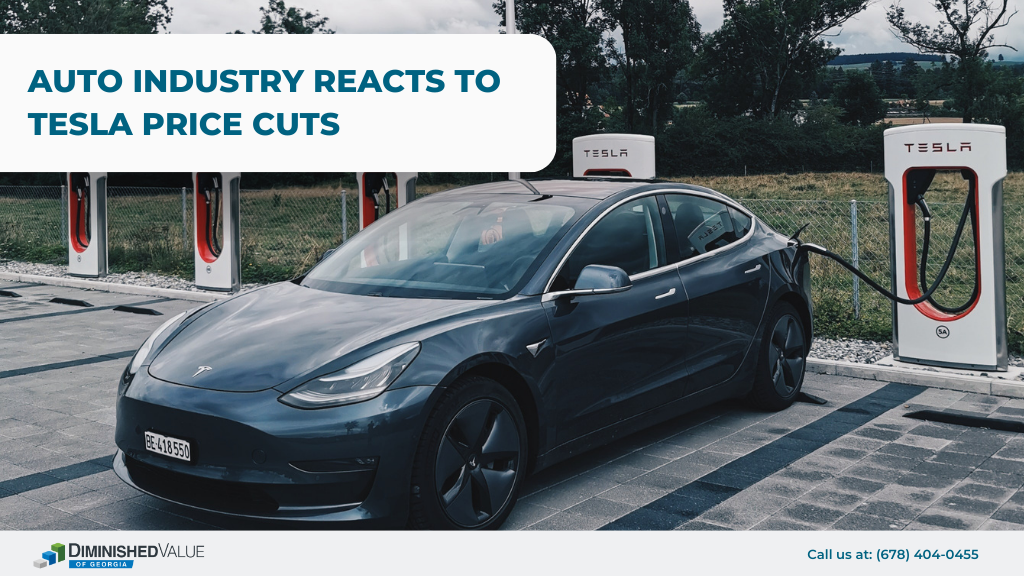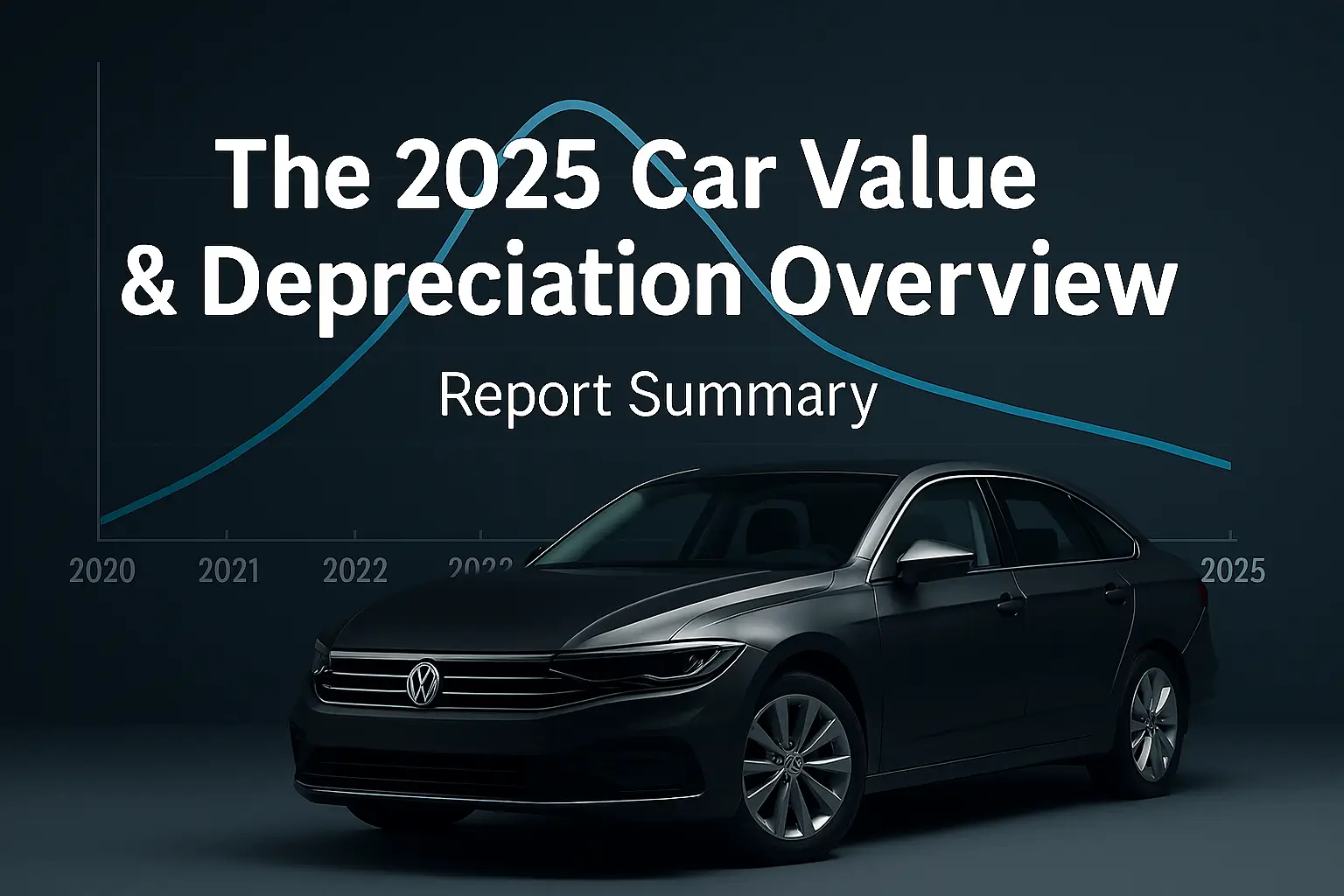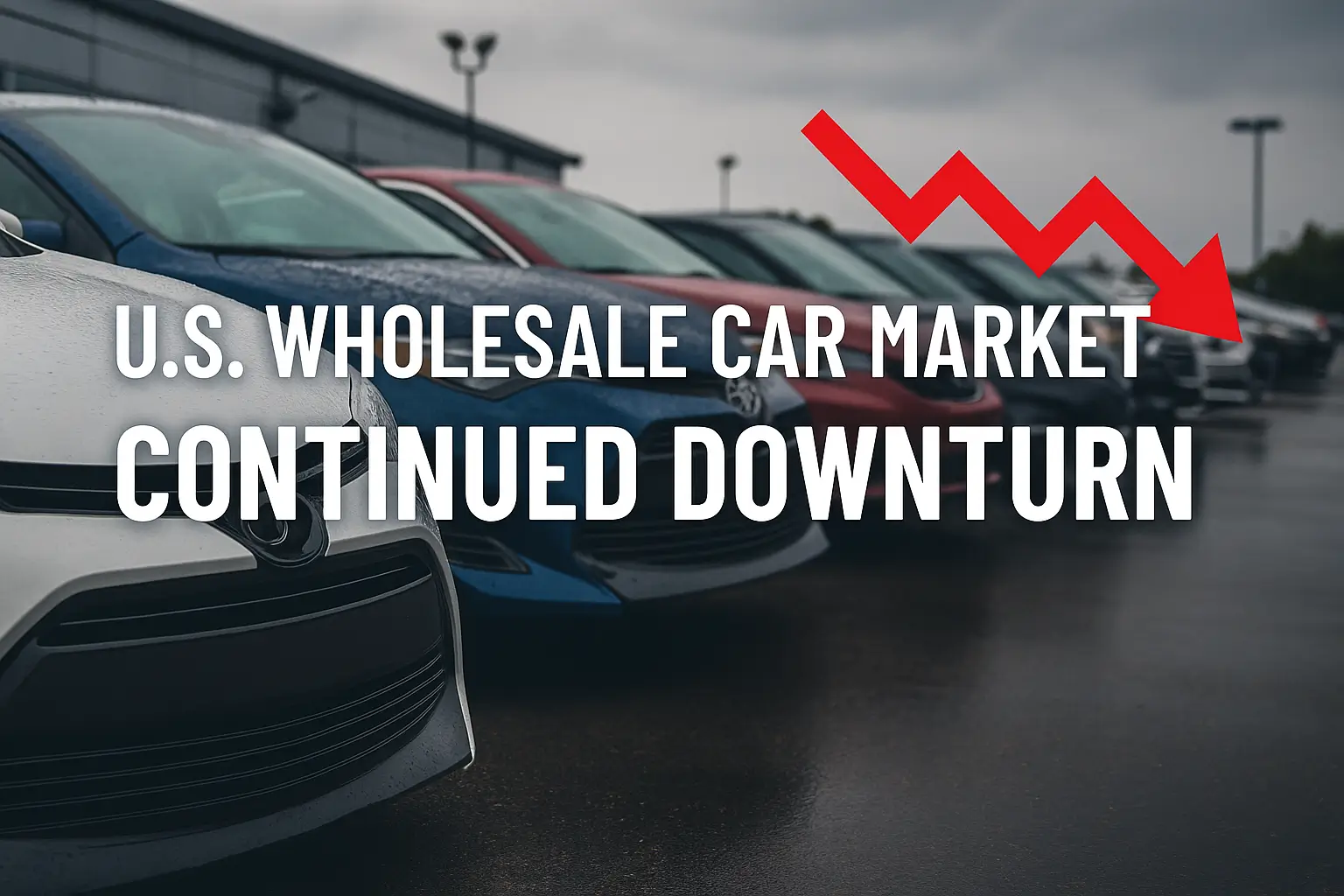Auto Industry Reacts to Tesla Price Cuts (PDF)
Most automakers are holding their prices firm and introducing more affordable models later, while a few, such as Ford, have responded to Tesla’s price cuts of up to 20 percent. It’s still too early to call it an electric vehicle price war, but Tesla’s surprise price cuts last month prompted some competitors to offer lower lease rates and stickers.
Last week, Ford reduced the cost of some Mustang Mach-Es by as much as $5,900, following Tesla’s $13,000 price drop on the Model Y. Despite this move however, other brands in the US EV market have decided to retain their current prices. This applies to General Motors, Volkswagen, Hyundai, and Kia – some of the leading producers apart from Ford and Tesla; plus recherché names such as Mercedes-Benz and Polestar which are still relatively small in terms of American EV production. Even BMW has declined to reveal its own pricing strategy.
Different automakers are reacting differently. The fact that Tesla dropped prices doesn’t mean everyone else has to. As Ford responded to Tesla, its price cuts were focused on the Mach-E’s higher-end trim levels. The base model was only reduced to $47,495 with shipping by $900.
GM plans to offer mainstream EVs at a variety of price points, including its Bolt EV hatchback and Cadillac Lyriq crossover.
Different Strategies
It is impossible for legacy automakers to ignore Tesla because of its dominance in the EV market. However, they do not have to follow Tesla’s strategy of slashing prices to boost sales, since they believe that the cars are priced right.
Several questions have been raised about the price of electric vehicles due to the new federal tax incentive of up to $7,500. As opposed to the old tax break, which did not have many restrictions, the new one applies only to North American-made vehicles with a price cap of $55,000 for many models and $80,000 for some trucks.
Additionally, some automakers have announced lease deals on electric vehicles due to a loophole in the new tax incentives that allow leasing companies to get the $7,500 credit without price caps or restrictions on where the vehicles are made.




